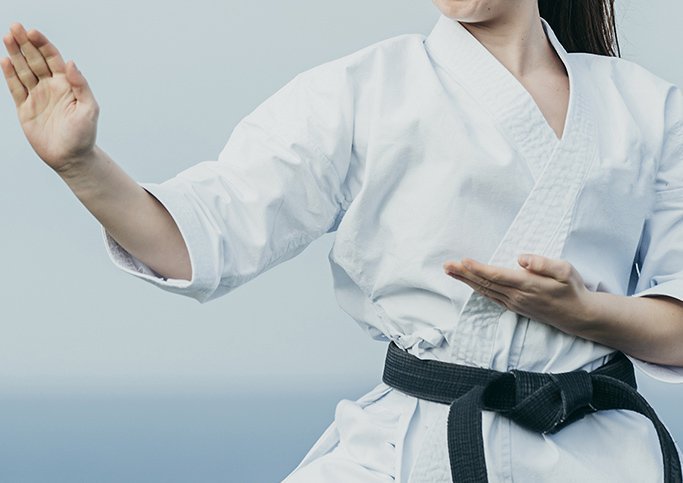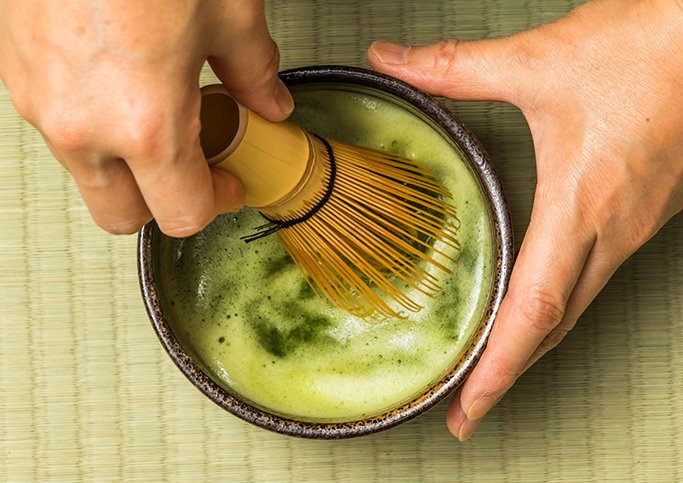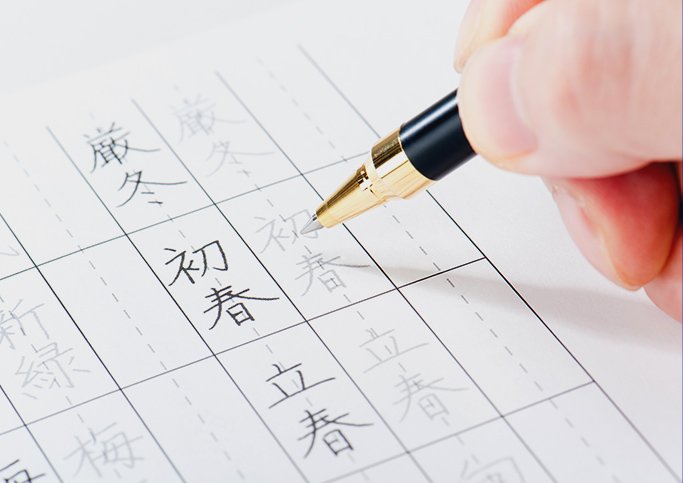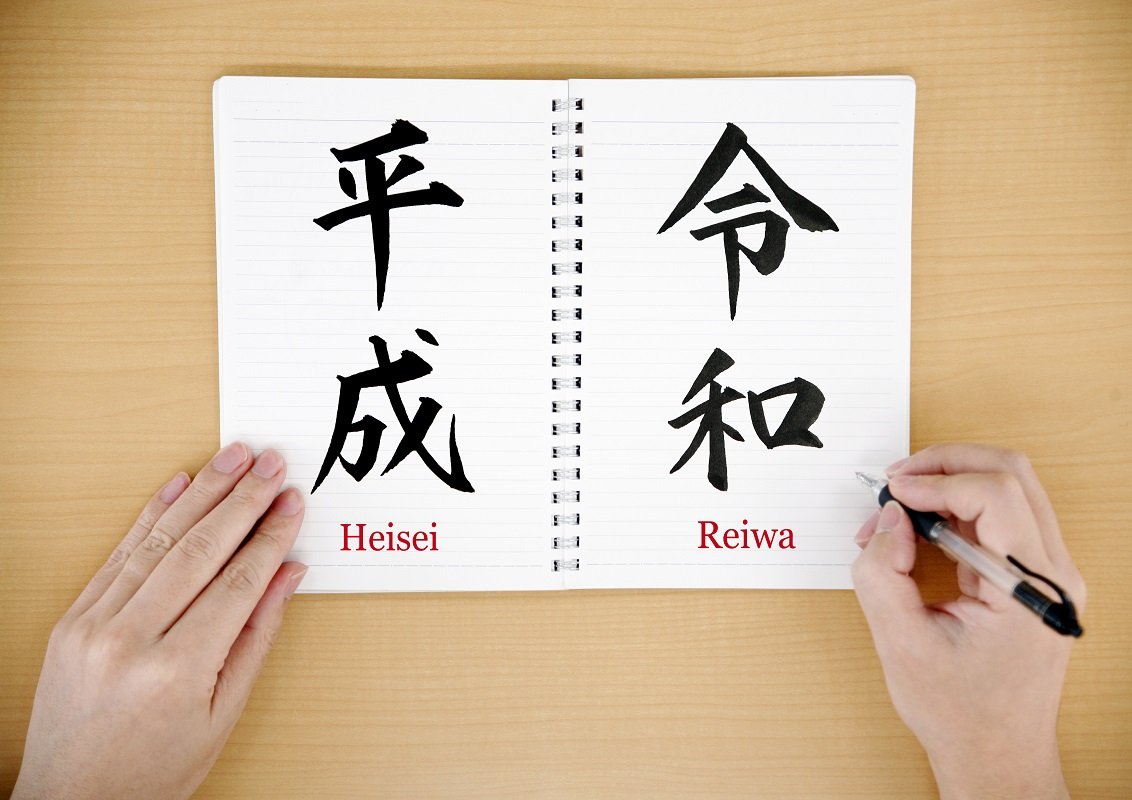
cheer
ganbare / faito / akiramenaide / murishinaide ne … How to cheer in Japanese
7/ 9/2021
There are many kinds of expressions for cheering for people in Japanese. Some can be used in any scene or only for sports. Let’s learn to use them according to the occasion!
1. がんばれ (ganbare)
“がんばれ” (ganbare) is the most common expression used in Japanese to cheer someone up. When you want to cheer on your family or friends, you can say “がんばれ” (ganbare) to them. A polite way to say it is “頑張ってください” (ganbattekudasai)
Example
今日のテストがんばれ!
Kyō no tesuto ganbare!
Good luck with today's test!
Example
高校に行ってもがんばれ!
Koko ni ittemo ganbare!
Do your best even after you go to the high school!
Example
明日もお仕事頑張ってください。
Ashita mo oshigoto ganbattekudasai.
I hope you’ll be great at work tomorrow too.
2. ファイト (faito)
“ファイト” (faito) is an expression often used to cheer for an athlete in a contest or sports game. The word is derived from the English word “fight.” The Japanese word “ファイト” (faito) does not mean “to fight,” but rather to cheer for someone in the same way as “がんばれ” (ganbare).
Example
明日の試合ファイト!
Ashita no shiai faito!
Good luck with tomorrow's game!
Example
ファイト!そのままぶっちぎれ!
Faito! Sono mama buttigire!
Go for it! Beat them!
3. がんば (ganba)
“がんば” (ganba) is an abbreviation of “がんばれ” (ganbare), which has the same meaning as “がんばれ” (ganbare). The word “がんば” (ganba) is only used in close relationships. Do not use it for someone in a higher position.
Example
今日も仕事がんば!
Kyō mo shigoto ganba!
Have a good day at work today too!
4. 諦めないで (akiramenaide)
“諦めないで” (akiramenaide) is a word that is used when you want to cheer someone up by saying, “Don't give up and keep trying.” For example, “諦めないで” (akiramenaide) can be used to encourage a child who is having trouble with his or her studies and is feeling discouraged.
Example
最後まで諦めないで!
Saigo made akiramenaide!
Do not give it up till the last!
5. 当たって砕けろ (atatte kudakero)
“当たって砕けろ” (atatte kudakero) is a proverb used to encourage others to “take the plunge and try, even if you fail.” For example, when a person is unsure about whether or not to try, you might say, “当たって砕けろ” (atatte kudakero).
Example
いつまでも悩むくらいなら、当たって砕けろの精神で行動するべきだ。
Itsu made mo nayamu kurainara, atatte kudakero no seishin de kōdō surubekida.
If you're worried forever, you should act in the spirit of hitting and breaking.
You can use it not only when you want to support someone, but also when you want to express your readiness to challenge without fear of your own failure.
Example
学校で一番美人な女の子に、当たって砕けろで告白するつもりだ。
Gakkō de ichiban bijin'na on'nanoko ni, atatte kudakero de kokuhaku suru tsumorida.
I’ll give it a go to confess to the most beautiful girl in school.
[日本のことが気になる?一緒に日本語を学びませんか?]
6. その意気だ (sono ikida)
“その意気だ” (sono ikida) is a word to cheer your partner up so that he/she can continue to perform well. For example, if you want to cheer a student who scores 100 on a test, saying “Keep up the good work on the next test,” you can use “その意気だ” (sono ikida).
Example
今のところ良い結果だぞ。その意気だ。
Imanotokoro yoi kekkada zo. Sono ikida.
So far, so good. That's the spirit.
7. 無理しないでね (murishinaide ne)
“無理しないでね” (murishinaide ne) is a phrase used to cheer up those who are overwhelmed. At work or in sympathy situations, the honorific expression “ご無理をなさらず” (go muri wo nasarazu) is sometimes used to appreciate the other person's hardship.
Example
夜遅くまで働いてくれてありがとう。あまり無理しないでね。
Yoru osoku made hataraite kurete arigatō. Amari murishinaide ne.
Thank you for working late into the night. Don't take it too hard.
Example
ご無理をなさらず、ゆっくりとお休みください。
Go muri wo nasarazu, yukkuri to oyasumi kudasai.
Please take it easy and have a good rest.
8. お祈り申し上げます (oinori mōshiagemasu)
“お祈り申し上げます” (oinori mōshiagemasu) is a polite way to express that you are praying for something good to happen to someone. This expression is rarely used in conversation, but is mainly used as a greeting at the end of an email or letter. For example, if you wish someone good health, you can say, “ご健康をお祈り申し上げます” (gokenkō wo oinori mōshiagemasu).
Example
末筆ながら、皆様のご健康をお祈り申し上げます。
Mappitu nagara, minasama no gokennkō wo oinori mōshiagemasu.
Finally, I wish you good health.
Example
今後のご活躍をお祈り申し上げます。
Kongo no go katuyaku wo oinori mousiagemasu.
I wish you all the best in the future.
9. 君ならできるよ (kimi nara dekiru yo)
The phrase “君ならできるよ” (kimi nara dekiru yo) means “you can do it” and is used to encourage others. For example, you may be nervous before an important presentation, but when someone close to you says, “君ならできるよ” (kimi nara dekiru yo), it makes you feel like you can do your best because they trust you.
Example
安心して!君ならできるよ!
Anshin shite! Kimi nara dekiru yo!
Don't worry! You can do it.
10. いつでも話を聞くからね (itudemo hanashi wo kiku kara ne)
“いつでも話を聞くからね” (itudemo hanashi wo kiku kara ne) means “I will always be here to listen to you” and is a word used when you want to make others feel relieved. For example, if your friend is having a hard time, you can say “いつでも話を聞くからね” (itudemo hanashi wo kiku kara ne) to show empathy for him/her.
Example
辛いことがあったら、いつでも話を聞くからね。
Turai koto ga attara, itudemo hanasi wo kiku kara ne.
If you're having a hard time, I'm always here to listen.
There are many ways to cheer in Japanese. What kind of words of encouragement would you give your friends if they were worried about their work? You should use Japanese expressions properly so that you can cheer up your friends.
If you are interested in the Japanese language, why don't you sign up for a free membership to Human Academy Japanese Language School Plus. You can experience practical Japanese lessons by experienced teachers for free.
CATEGORIES
FEATURED TAGS
RECOMMENDATION
-
 報BUSINESS TERMS
報BUSINESS TERMSWhat is ”Ho-Ren-So”, one of the basic manners when working in Japan?
10/30/2020
-
 伝WORDS & GRAMMAR
伝WORDS & GRAMMARWhat is easy Japanese?
10/30/2020
-
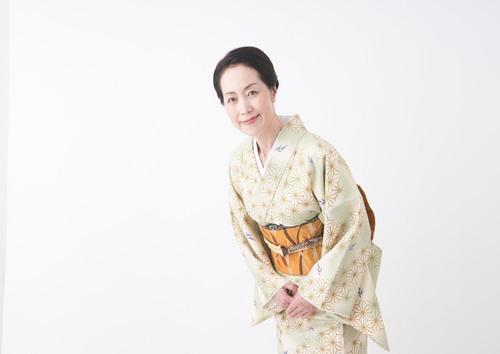 礼MANNERS
礼MANNERSJapanese greeting customs and origins. What are the greetings from other countries?
10/30/2020
-
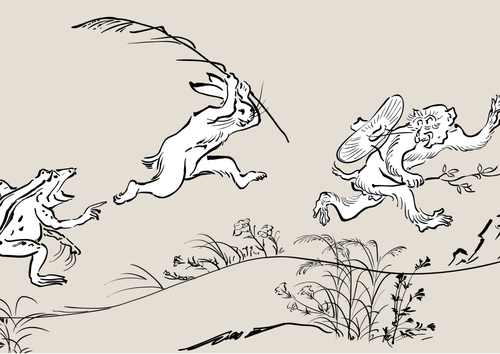 戯COMIC & GAME
戯COMIC & GAMEThe roots of animation and manga? Introducing bird and beast caricatures
10/30/2020
-
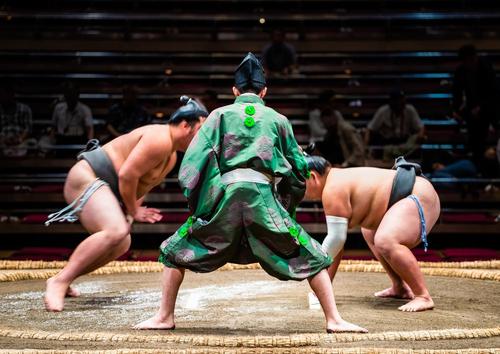 戦SPORTS
戦SPORTSThe history of sumo goes back to the mythical world! ?? Transition from myth to modern times
10/30/2020
LET’S PLAY
KARUTA!
Do you know the meaning of this...
NEXT...
FURTHER EXPLORATION
INTERESTED
IN JAPAN?
WHY DON’T YOU
LEARN JAPANESE WITH US?
START LEARNING
JAPANESE
WITH HUMAN ACADEMY!
ONE OF
THE MOST POPULAR
JAPANESE
LANGUAGE SCHOOLS
JAPANESE
LANGUAGE SCHOOL
OFFERING EXCELLENT
DETAILED LESSONS

ONLINE SCHOOL
- Learn with your classmates from all over the world
- Variety of Courses for All Needs
- FREE Trial Lesson available

TOKYO, OSAKA
- Offer the Best Curriculum for You
- Make New Japanese Learning Friends
- Many Opportunities to Practice Japanese
MAKE FURTHER
STEPS
WITH HUMAN ACADEMY!
ONE OF
THE MOST POPULAR
JAPANESE
LANGUAGE SCHOOLS
JAPANESE
LANGUAGE SCHOOL
PRODUCING MANY
JLPT N1 CERTIFIED
STUDENTS!

ONLINE SCHOOL
- Learn with your classmates from all over the world
- Variety of Courses for All Needs
- FREE Trial Lesson available

TOKYO, OSAKA
- Support Your Higher Goal of Japanese Learning
- Perfect Environment for Japanese Learners
- Learn with Your New Japanese Study Mates




